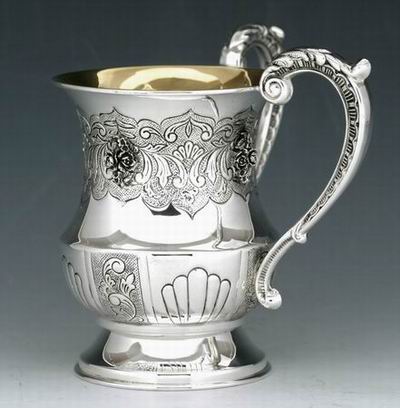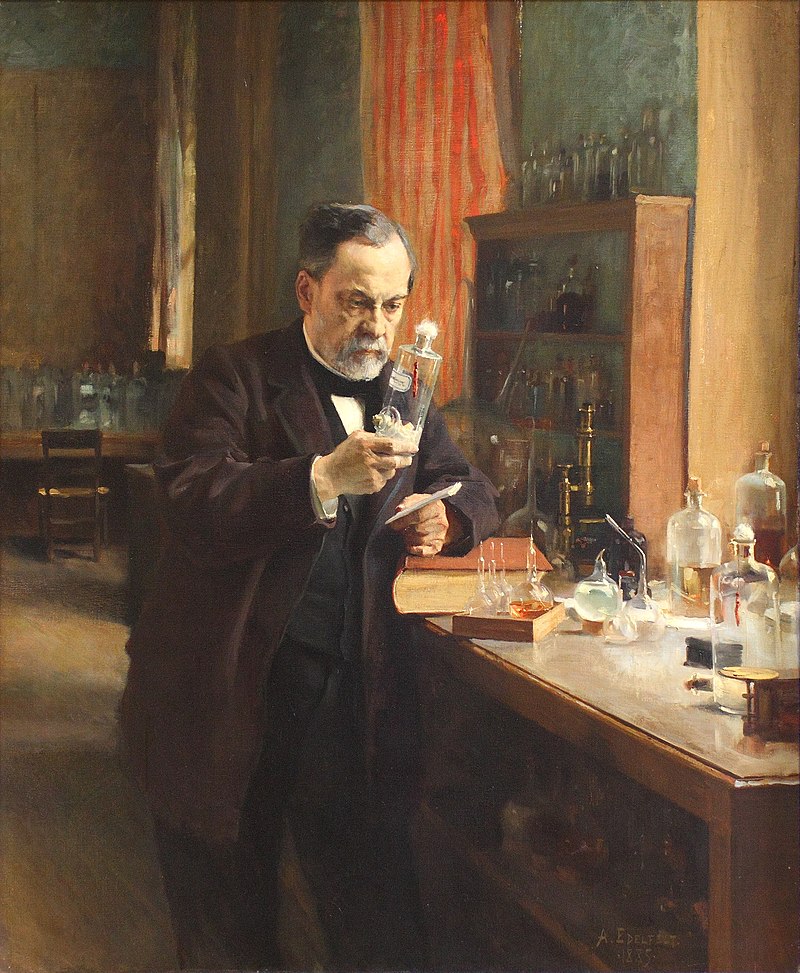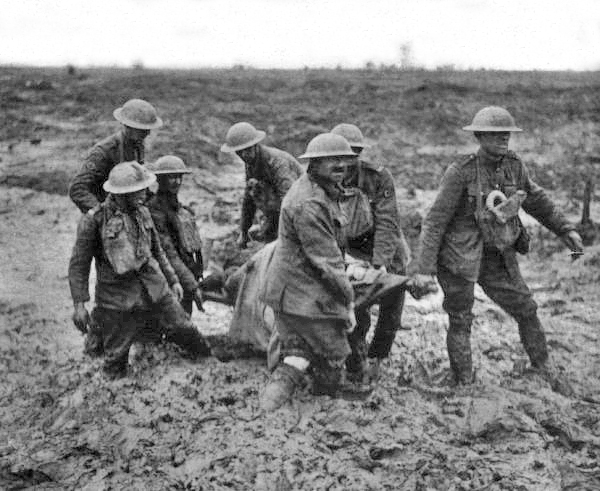Christ, El Greco, c.1606
Cathedral, Toledo, Spain [Web Gallery of Art]
Readings (New American Bible: Philippines, USA)
Readings (Jerusalem
Bible: Australia, England & Wales, India [optional], Ireland, New Zealand,
Pakistan, Scotland, South Africa)
Gospel Mark 7:1-8, 14-15, 21-23 (New Revised Standard Version, Catholic Edition, Canada)
Now when the Pharisees
and some of the scribes who had come from Jerusalem gathered around Jesus, they noticed that some
of his disciples were eating with defiled hands, that is, without washing them. (For
the Pharisees, and all the Jews, do not eat unless they thoroughly wash their
hands, thus observing the
tradition of the elders; and they do not eat
anything from the market unless they wash it; and
there are also many other traditions that they observe, the washing of cups,
pots, and bronze kettles.) So the Pharisees and the scribes asked
him, “Why do your disciples not live according
to the tradition of the elders, but eat with defiled hands?” He said
to them, “Isaiah prophesied rightly about you hypocrites, as it is written,
‘This people honors me with
their lips,
but their hearts are far from me;
in vain do they worship me,
teaching human precepts as doctrines.’
but their hearts are far from me;
in vain do they worship me,
teaching human precepts as doctrines.’
You abandon the
commandment of God and hold to human tradition.”
Then he
called the crowd again and said to them, “Listen to me, all of you, and
understand: there is nothing outside a person that by going in can
defile, but the things that come out are what defile.”
For it
is from within, from the human heart, that evil intentions come: fornication,
theft, murder, adultery, avarice, wickedness, deceit, licentiousness, envy,
slander, pride, folly. All these evil things come from within, and they defile a
person.”
Silver Torah Case [Wikipedia]
Moses said to the people: 'So now, Israel, give heed to the statutes and ordinances that I am teaching you to observe, so that you may live to enter and occupy the land that the Lord, the God of your ancestors, is giving you. You must neither add anything to what I command you nor take away anything from it, but keep the commandments of the Lord your God with which I am charging you.' (First Reading).
A silver cup for for netilat yadayim, the Jewish ritual washing of hands [Wikipedia]
Because of lack of time I shall use, with adaptations, some of the material I used for this Sunday three years ago.
The Indian Rupees 9,000 monthly rent mentioned in the video is the equivalent of about US$135 or Php6,000.
More than three years ago I was speaking to a Filipino seminarian who had worked in Dubai for some years. He had been quite involved in his parish at home and wanted to visit a group of Catholics from Kerala, India, who lived in a labour camp in Dubai. His friends thought he was crazy but he went anyway. He simply wanted to befriend these men whose living conditions he had heard about.
What he described was what I've found subsequently in videos such as the one above, which is from an Indian TV station, except that in my imagination I had pictured World War II-type wooden huts instead of big buildings not unlike apartment blocks in large cities.
The men made him most welcome. The air inside was just as the reporter in the video described. His hosts were preparing a meal outside their crowded bedroom. They didn't see much need to wash their hands or their utensils and what they were preparing was somewhat more spicy than what Filipinos normally eat.
But the young Filipino enjoyed being with his fellow Catholics, whom he knew were his brothers. He could see clearly their living conditions and was able to understand some of their stories. But what struck him most of all was their hospitality.
The Pharisees and scribes in today's gospel ask Jesus, Why do your disciples not live according to the tradition of the elders, but eat with hands defiled?
More than three years ago I was speaking to a Filipino seminarian who had worked in Dubai for some years. He had been quite involved in his parish at home and wanted to visit a group of Catholics from Kerala, India, who lived in a labour camp in Dubai. His friends thought he was crazy but he went anyway. He simply wanted to befriend these men whose living conditions he had heard about.
What he described was what I've found subsequently in videos such as the one above, which is from an Indian TV station, except that in my imagination I had pictured World War II-type wooden huts instead of big buildings not unlike apartment blocks in large cities.
The men made him most welcome. The air inside was just as the reporter in the video described. His hosts were preparing a meal outside their crowded bedroom. They didn't see much need to wash their hands or their utensils and what they were preparing was somewhat more spicy than what Filipinos normally eat.
But the young Filipino enjoyed being with his fellow Catholics, whom he knew were his brothers. He could see clearly their living conditions and was able to understand some of their stories. But what struck him most of all was their hospitality.
The Pharisees and scribes in today's gospel ask Jesus, Why do your disciples not live according to the tradition of the elders, but eat with hands defiled?
Louis Pasteur in his laboratory, Albert Ederfelt, 1885
I don't think that Jesus is telling us to be careless with food, in preparing it or eating it. Scientists such as Louis Pasteur have shown us the importance of doctors washing their hands and equipment before surgery, a connection that hadn't been seen before. But what Jesus is on about, I think, is the attitude of someone who would notice that the workers from Kerala in a 'villa' in Dubai didn't wash their hands before cooking and eating and would be critical of them - instead of asking why the washing facilities they shared with so many others were lacking. Someone who would fail to see the overcrowded living quarters and the underpaid workers, separated from their families, being exploited by their employers and by recruiting agencies in their own countries.
The situation my young Filipino friend came across in Dubai can be found in many countries. The term 'OFW' is widely used here in the Philippines. It means 'Overseas Filipino Worker'. OFWs are often described by politicians as modern-day heroes. But too few politicians and others are asking why so many, probably a minority in the overall picture but yet a large number of individual real persons, are exploited by some agencies at home and by employers abroad. In reality, these are treated as anything but heroes.
Nor is Jesus opposing tradition or traditions. He was a faithful Jew, as were Joseph and Mary and understood their importance. Tradition and traditions, even if we don't know their origins, are basically life-giving. The Pharisees and scribes in today's gospel - not all Pharisees and scribes were like these - have turned them into ways of sucking the lifeblood out of people.
Reb Tevye in the extract from Fiddler on the Roof below says, And because of our traditions, every one of us knows who he is. The exploited workers from Kerala carried with them the tradition of hospitality they had inherited from their ancestors and welcomed a stranger from the Philippines in Dubai. Despite their appalling conditions they knew who they were. They lacked freedom in so many ways but they had the freedom to be welcoming. Hospitality is one of the most cherished experiences in the Bible, in both the Old and New Testaments. It is cherished in every culture and it is at the heart of following Jesus, who showed hospitality to others, rich and poor, and who graciously accepted it from others, rich and poor. Indeed, he was sometimes criticised for eating with the poor, as he is in today's gospel because his companions didn't wash their hands.
I don't know if the workers from Kerala whom my friend met had a chance to go to Mass - he did as he lived very near a church. But the Prayer after Communion today fits in with their meeting in Dubai.
Renewed by this bread from the heavenly table,
we beseech you, Lord,
that, being the food of charity,
it may confirm our hearts
and stir us to serve you in our neighbour.
Through Christ our Lord.
The situation my young Filipino friend came across in Dubai can be found in many countries. The term 'OFW' is widely used here in the Philippines. It means 'Overseas Filipino Worker'. OFWs are often described by politicians as modern-day heroes. But too few politicians and others are asking why so many, probably a minority in the overall picture but yet a large number of individual real persons, are exploited by some agencies at home and by employers abroad. In reality, these are treated as anything but heroes.
Nor is Jesus opposing tradition or traditions. He was a faithful Jew, as were Joseph and Mary and understood their importance. Tradition and traditions, even if we don't know their origins, are basically life-giving. The Pharisees and scribes in today's gospel - not all Pharisees and scribes were like these - have turned them into ways of sucking the lifeblood out of people.
Reb Tevye in the extract from Fiddler on the Roof below says, And because of our traditions, every one of us knows who he is. The exploited workers from Kerala carried with them the tradition of hospitality they had inherited from their ancestors and welcomed a stranger from the Philippines in Dubai. Despite their appalling conditions they knew who they were. They lacked freedom in so many ways but they had the freedom to be welcoming. Hospitality is one of the most cherished experiences in the Bible, in both the Old and New Testaments. It is cherished in every culture and it is at the heart of following Jesus, who showed hospitality to others, rich and poor, and who graciously accepted it from others, rich and poor. Indeed, he was sometimes criticised for eating with the poor, as he is in today's gospel because his companions didn't wash their hands.
I don't know if the workers from Kerala whom my friend met had a chance to go to Mass - he did as he lived very near a church. But the Prayer after Communion today fits in with their meeting in Dubai.
Renewed by this bread from the heavenly table,
we beseech you, Lord,
that, being the food of charity,
it may confirm our hearts
and stir us to serve you in our neighbour.
Through Christ our Lord.
Antiphona ad introitum Entrance Antiphon Ct Ps 85 [86]: 3, 5
Miserere mihi Domine,
Have mercy on me, OLord,
quoniam ad te clamavi tota die:
for I cry to you all the day long.
quia tu Domine suavis ac mitis es,
O Lord, you are good and forgiving,
et copiosus in misericordia omnibus invocantibus te.
full of mercy to all who call on you.









